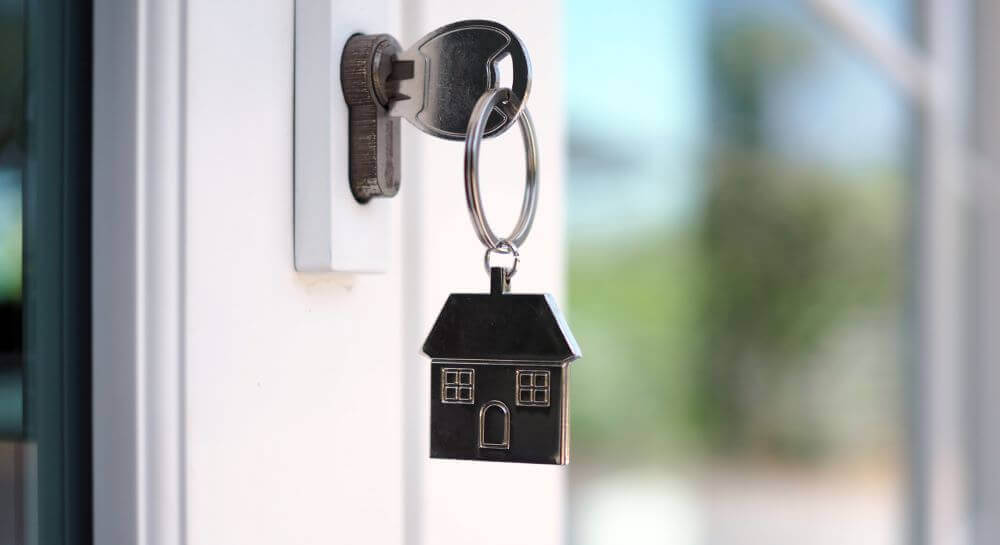What Happens With Debts and Mortgage After Divorce in Pennsylvania?

One of the most critical elements of any divorce settlement, is the necessity to address and divide marital debt including credit card debt, personal loans, school loans, and auto loans. Additionally, it is important to address mortgages owed by the parties for their former marital residence and any other real estate they own (rental properties, vacation homes, etc.). When considering mortgages, couples need to address not only traditional mortgages but also home equity loans and home equity lines of credit.
What Happens in a Divorce with Mortgage? Who Pays Mortgage After Divorce?
After a couple separates but before their divorce is final, it is expected that the spouse who occupies the former marital residence will pay the mortgage, home equity loan or line of credit, taxes, insurance, and utilities for the home. There may be a requirement that the spouse who is not residing in the home will have to pay a portion of those expenses. The amount the spouse who is not residing in the home would have to pay is a function of the incomes of the parties and is calculated as part of a broader spousal support calculation.
In concluding the divorce, the parties have to decide if one spouse will retain the house after the divorce or if the house will be sold. If one spouse will retain the house, then that spouse will need to either refinance the existing mortgage and home equity loans on the property or assume their former spouse’s obligations under each of those loans.
What Happens If the Spouse’s Name Is Not on the Deed?
Even if a spouse’s name is not on the deed to the home, that spouse likely still has an equitable interest in the value of the home by virtue of the marriage. It is important to review three documents associated with the purchase and financing of the home: the deed, the note and the mortgage. Reviewing these documents will assist in determining the appropriate steps that need to be taken to disentangle the spouses with regard to their home.
How Do I Get My Name Off a Mortgage After Divorce?
If your former spouse is retaining the home after the divorce, it is important that the debt associated with the home is either refinanced or assumed by the spouse who is retaining the home. In some instances and when it is permitted, an assumption may be preferred because it will allow the spouse who is keeping the home to keep the same loan with the same payment, rate of interest and amortization schedule while still removing the other spouse from responsibility.
How Is Credit Card Debt Split After Divorce?
The division of credit card debt in divorce can be complex. Oftentimes the spouses are jointly responsible for the debt and may not have the resources to pay off the debt in full at the time of divorce. When that occurs, it may be necessary to contact the issuing credit card company to freeze the card so that future purchases or advances can’t be made with the card and to develop a plan to pay off the existing balance.
Does Divorce Ruin Your Credit?
Divorce does not automatically ruin your credit. However, navigating the divorce process and preserving your good credit can be tricky. A great starting point is to obtain your credit report to see what open credit accounts currently exist. You can then work with your attorney to develop a plan moving forward to close unnecessary accounts, identify responsibility for open balances and make as to which spouse will keep and be responsible for the remaining accounts.
Are Student Loans Considered Marital Debt?
Any debt incurred during the marriage, including student loans, is marital debt. The issue for the parties to determine is who will be responsible for the student loan payments in the future and if there are any equitable considerations (such as increased earning power as the result of the education obtained with the student loans) that would factor into the apportionment of the student loans.
Can I Be Held Liable for My Spouse’s Debt?
While a debt might not be in your name and therefore insulate you from liability from a third party creditor, if the debt was incurred during the marriage, it is a marital debt. The divorce court can assign marital debt to either spouse as part of the overall equitable distribution of the marital estate.
How Colgan and Associates can help you
Our team of trusted divorce attorneys at Colgan & Associates stand ready to assist with your matter, whether that’s about marital debt, such as credit card or mortgage debt or another family law issue. We proudly offer no-cost phone consultations to individuals hoping to better understand their matter and how we may be able to assist them. If you or someone you know is going through a divorce in Pennsylvania, please reach out to us today at (717) 502-5000
